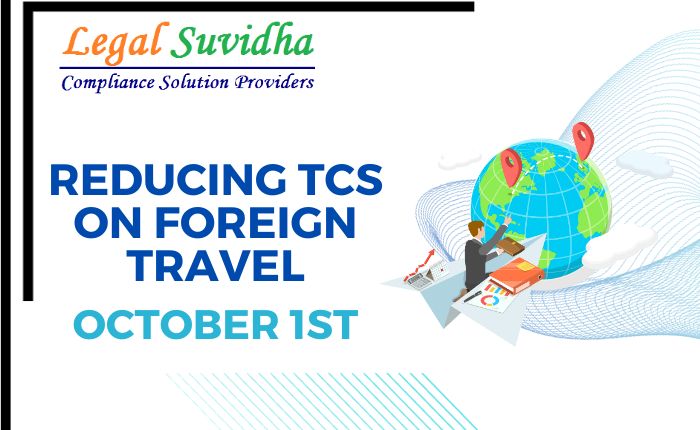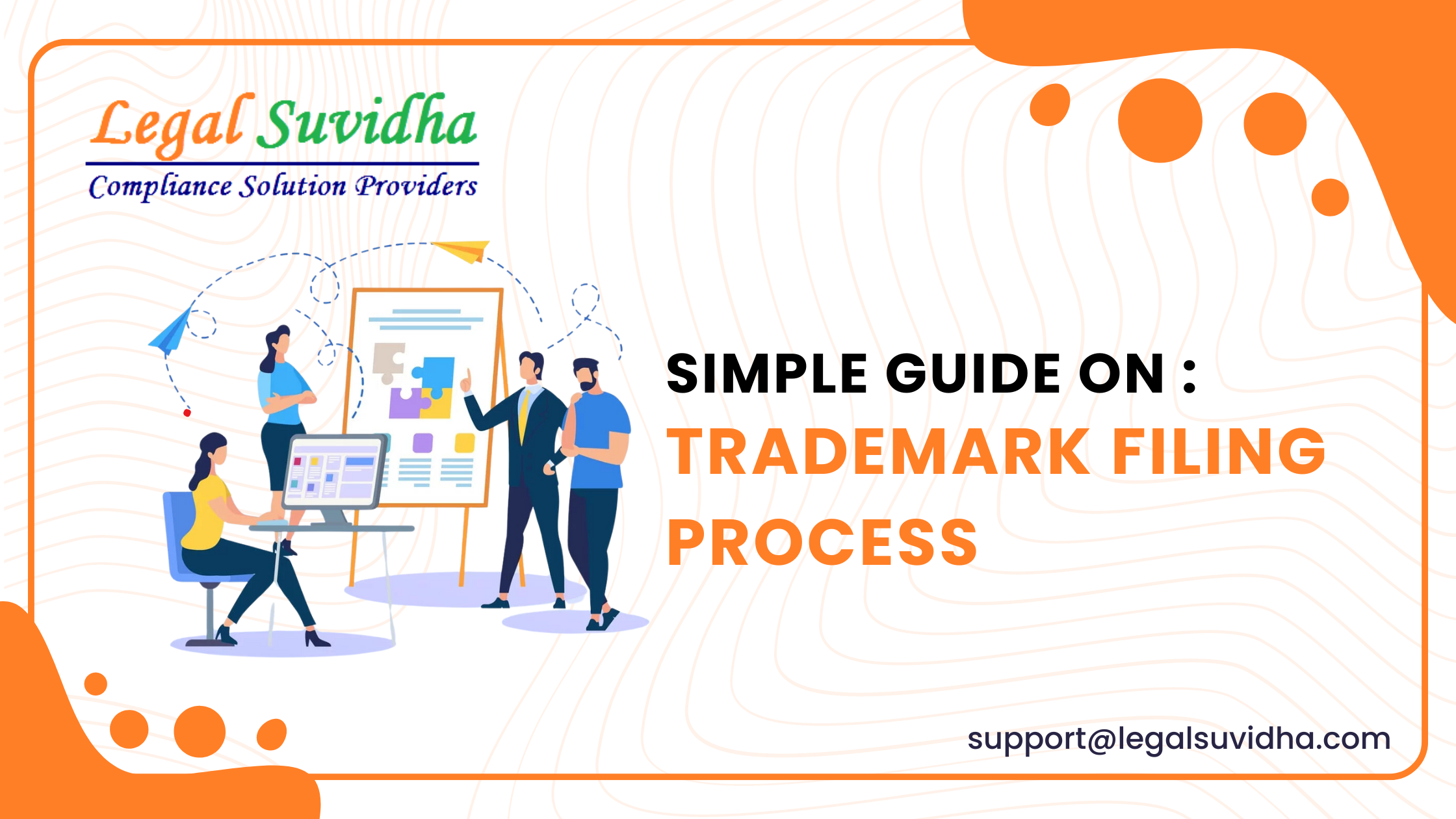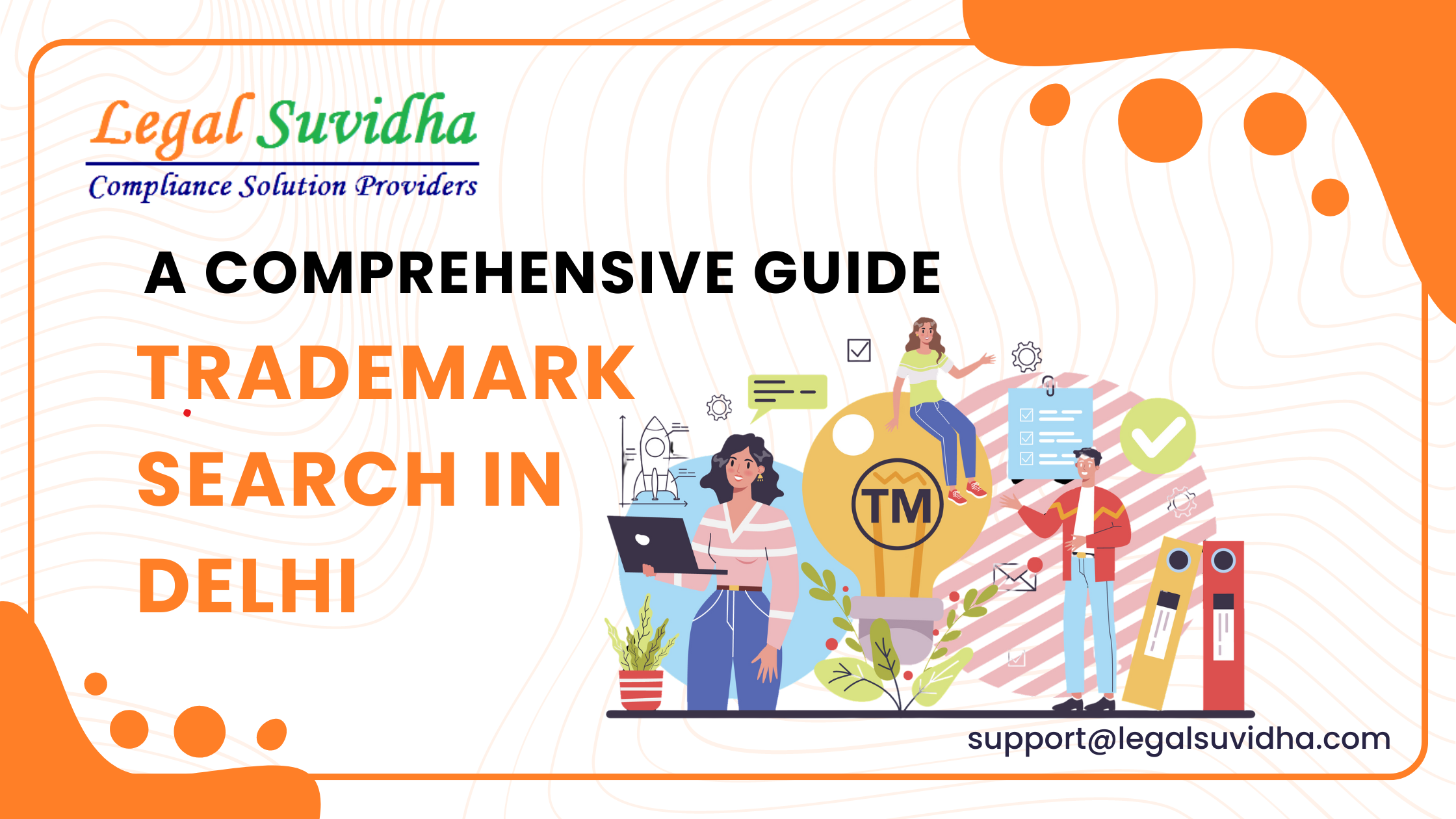The Indian government originally planned to change the way they collect taxes on certain transactions starting on July 1, 2023, as part of their budget plans for that year. However, they decided to delay these changes until October 1, 2023, because they realized that the systems for reporting these taxes were not ready, and it would put too much burden on people. In this article, we also discuss tips to reduce TCS on foreign travel.
- One of the significant changes they introduced in the 2023 budget was related to a tax called “Tax Collection at Source” or TCS.
- This tax applies to certain types of payments made by people. For instance, if you want to send money abroad or pay for an international trip, this tax could be added to your expenses.
- But please note, it doesn’t apply to things like paying for education in a foreign country or for medical reasons.
- Consider a traveler named Mr. Smith, who is enthusiastic about exploring the world. He has a dream of experiencing Japanese culture, and this adventure comes with a price tag of 15 lakhs.
- However, there’s a catch – he needs to factor in the TCS (Tax Collection at Source). For the initial 7 lakhs of his Japanese journey, he encounters a 5% TCS rate. As for the remaining 8 lakhs, a higher 20% TCS rate comes into play.
- This means he has to allocate an additional 35,000 rupees for the first part of his trip and a more substantial 1,60,000 rupees for the latter portion, totaling 1,95,000 rupees in TCS.
- To embark on his Japanese adventure, Mr. Smith needs to have not only 15 lakhs for the trip but also an extra 1,95,000 rupees for TCS, resulting in a grand total of 16.95 lakhs.
These changes in the TCS system have a significant impact on the financial aspects of foreign travel, and travelers like Mr. Smith need to be financially prepared for both the adventure itself and the additional tax expenses.
Now, let’s talk about the Liberalised Remittance Scheme (LRS) introduced by the Reserve Bank of India.
- Before October 1, individuals could send up to $250,000 abroad in a year for various purposes, like traveling or investing. But after October 1, there’s a significant change.
- If you send more than 7 lakhs abroad in a year for things other than education or medical reasons, you’ll have to pay a 20% TCS tax on that extra amount.
- Let’s consider a different scenario. Imagine we have Ms. Olivia, who is currently in the process of organizing an 8.5 lakh rupees European trip.
- As this amount surpasses the 7 lakh rupees threshold, she becomes liable to pay a 20% TCS tax on the entire 8.5 lakh rupees, resulting in an additional 1.7 lakh rupees.
- Now, let’s shift our focus to another individual, Mr. David, who has more straightforward vacation plans—a serene beach getaway valued at 6.5 lakh rupees.
- In his case, he continues to be subject to the previous TCS rate of 5%, which means an additional 32,500 rupees will be included in his vacation expenses.
Section 1: Educational Expenses – If you’re sending money abroad for education, there won’t be any extra tax (TCS) if it’s less than Rs 7 lakhs. But if you’re sending more than that, a little bit of tax (0.5%) is added. If you’re not using a loan to pay for education, you might have to pay a bit more (5%) in tax. This is to make sure that bigger education expenses are taxed a little bit.
Section 2: Medical Expenses – If you’re sending money abroad for medical stuff and it’s more than Rs 7 lakhs, you’ll pay 5% extra in tax. This rule is the same for travel and other expenses related to medical treatment.
Section 3: Foreign Tours – For vacations outside India, there’s usually a 5% tax, no matter how much you spend. But from October 1, if your tour costs less than Rs 7 lakhs in a year, it’ll still be 5%. If it’s more, the tax goes up to 20%. This is to control how much money people send abroad for holidays and work trips, including things like transferring money, using forex cards, and business trips. But remember, these rules don’t apply to education and medical expenses.
Section 4: Investments – If you’re investing money abroad, like buying stocks, mutual funds, or cryptocurrencies, and you invest more than Rs 7 lakhs, there’s a 20% tax. But if you invest less, there’s no extra tax. This is meant to encourage smaller investments. If you invest in Indian mutual funds that have foreign stocks, it’s not counted as sending money abroad under these rules, so no extra tax applies.
Some Important Points to Remember:
1. Credit Card Transactions: Credit card payments aren’t covered by these rules, so there’s no extra tax on them. But be careful because debit cards and forex cards do have rules, depending on what you’re paying for.
2. Threshold and How It Works: The Rs 7 lakh limit is for a whole year. It doesn’t matter which bank you use; they look at all your transactions across banks for the whole year. So, keep an eye on your spending to stay under this limit.
3. TCS Is Like a Discount: TCS isn’t a separate tax; it’s like a discount. It’s recorded in a document called Form 26AS, which shows your tax-related info. You can use this discount to lower your final tax payment when you file your tax return. You can also use it when you pay taxes throughout the year.
4. Yearly Limit and Your PAN: The Rs 7 lakh limit is set every year. It’s linked to your PAN (a unique ID in India). It doesn’t matter if you use different banks; they look at all your spending based on your PAN. So, keep track of all your money sent abroad or spent through the LRS to follow these rules.
Tips to Reduce TCS on Foreign Travel:
Here are some ideas to spend less on TCS when you travel abroad:
1. Plan Carefully: Think about what you’ll spend on investments and travel and allocate your money accordingly. This way, you can use up your limit on the lower-tax categories first.
2. Use International Credit Cards: Pay for your international expenses with credit cards. They aren’t subject to TCS. But remember that debit cards and cash might still have extra tax, depending on what you’re buying.
3. Avoid Package Tours: Instead of buying all-inclusive travel packages, book your flights, hotels, and other things separately. This could lower your TCS.
4. Book Independently: Booking flights and hotels separately doesn’t count as buying a “Tour Program Package.” This means you can plan your trip without worrying about extra TCS charges.
5. International Credit Cards: Starting October 1, international credit card spending won’t be part of the Liberalised Remittance Scheme (LRS) and won’t have TCS. So, use international credit cards without worrying about extra taxes.
Keep in mind that while TCS isn’t a tax by itself, it’s crucial to keep track of it and use it to lower your final tax bill when you file your tax return. These tips can help you manage your money better when you travel abroad and reduce your TCS costs.
If You have any queries then connect with us at [email protected] or [email protected] & Contact us & stay updated with our latest blogs & articles









